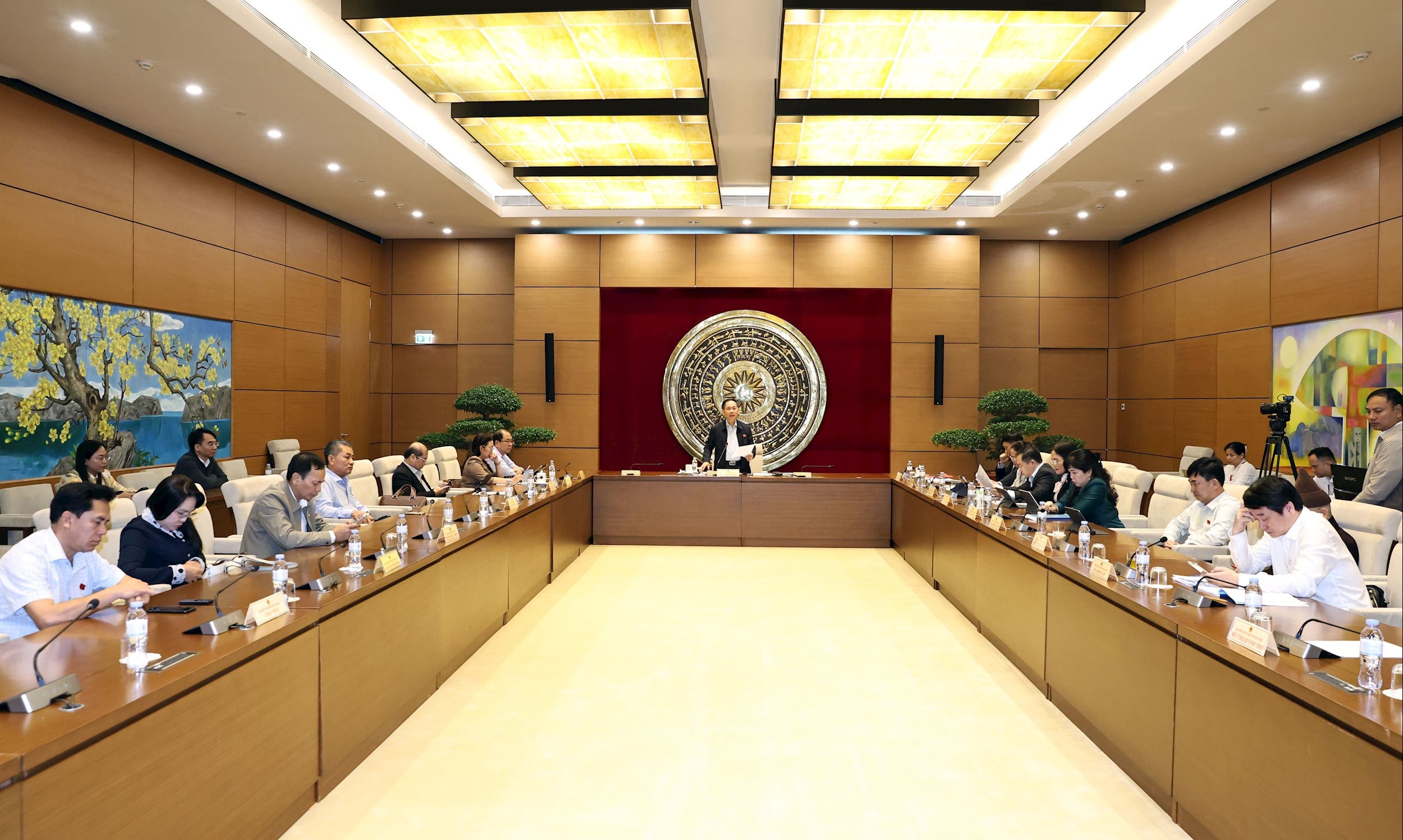
Ensure coverage and avoid omitting subjects proposing to negotiate international treaties
The majority of National Assembly Deputies Group 14 agreed to promulgate the Law amending and supplementing a number of articles of the Law on International Treaties to overcome limitations and obstacles that are bottlenecks in the implementation of current laws.
At the same time, promptly institutionalize the Party's guidelines and policies, especially the thematic Resolutions recently issued by the Politburo ; perfect institutions, policies and laws on international integration in the new situation; reform administration, promote decentralization and delegation of power in signing international treaties, meeting the political requirements, foreign affairs and international integration of the Party and State.
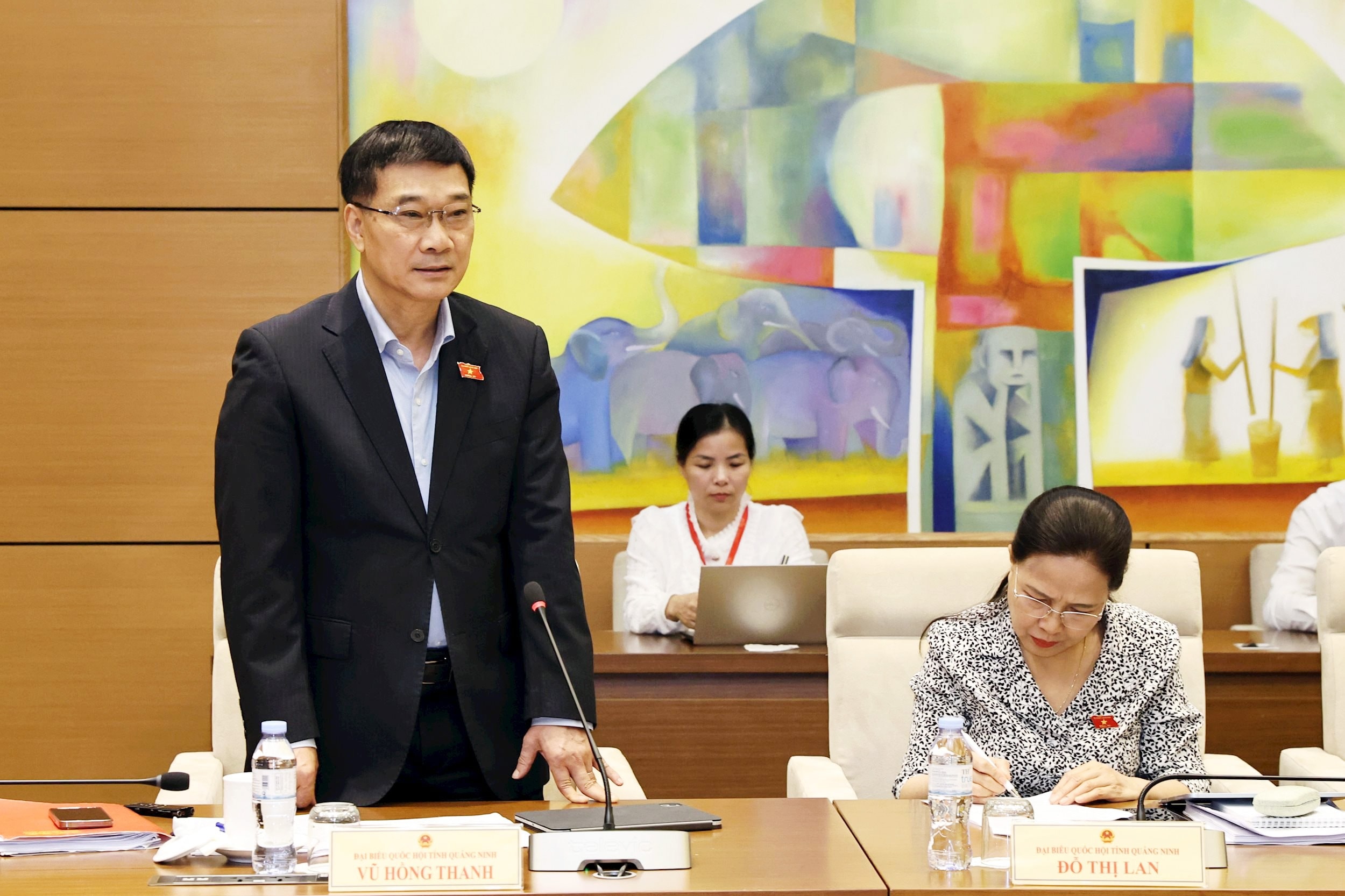
Regarding the authority to propose negotiations on international treaties (Article 8), National Assembly Deputy Nguyen Thi Thu Ha (Quang Ninh) proposed that it is necessary to add “and other agencies and organizations as prescribed by specialized laws” to Clause 1, Article 8 as follows: “1. The Supreme People's Court, the Supreme People's Procuracy, the State Audit, ministries, ministerial-level agencies, government agencies and other agencies and organizations as prescribed by specialized laws (hereinafter referred to as proposing agencies), based on their tasks and powers, and international cooperation requirements, propose to the Prime Minister for the Prime Minister to submit to the President on the negotiation of international treaties on behalf of the State, propose to the Prime Minister on the negotiation of international treaties on behalf of the Government”.
The reason, according to delegate Nguyen Thi Thu Ha, is that some specialized fields (for example: banking, securities, intellectual property, non-traditional defense and security, clean energy, etc.) have specialized agencies assigned with the authority to cooperate internationally. This addition will help ensure comprehensiveness, avoid missing legal subjects, and at the same time be consistent with the reality of decentralization of management according to specialized laws.
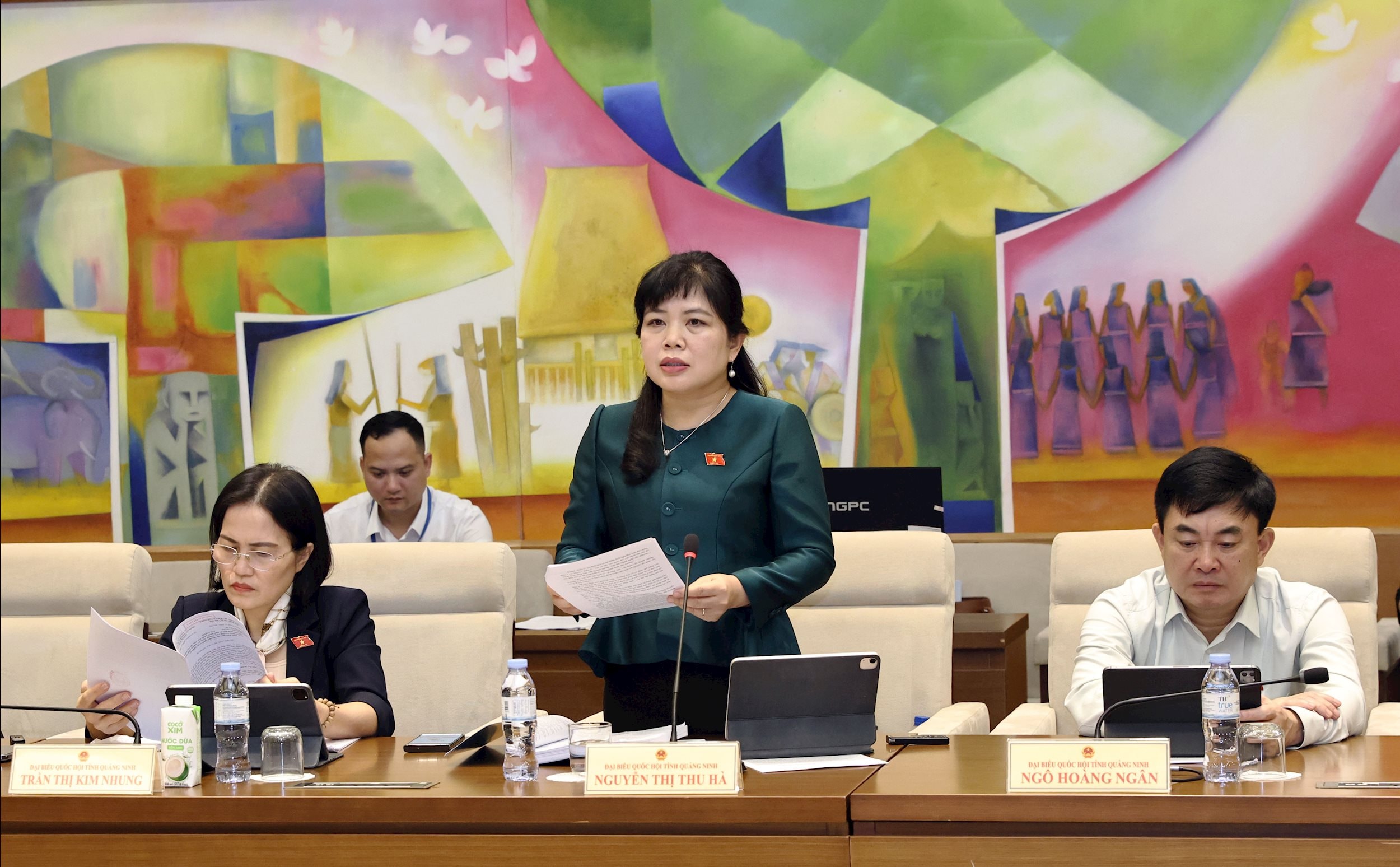
In addition, regarding the preparation for negotiating international treaties (Article 9), delegates proposed to add “or electronic form with confirmation” to Clause 2, Article 9 of the Draft Law. Specifically as follows: “2. Agencies and organizations whose opinions are sought as prescribed in Point c, Clause 1 of this Article are responsible for responding in writing or electronic form with confirmation within 10 days from the date of receiving the complete dossier for opinions”.
Because, in reality, most of the consultation between ministries and branches is currently done through electronic systems and digital signatures. Adding this regulation helps legalize electronic records, reduce administrative procedures, save time and costs; in accordance with the Law on Electronic Transactions 2023 and the policy of digital transformation in state management activities.
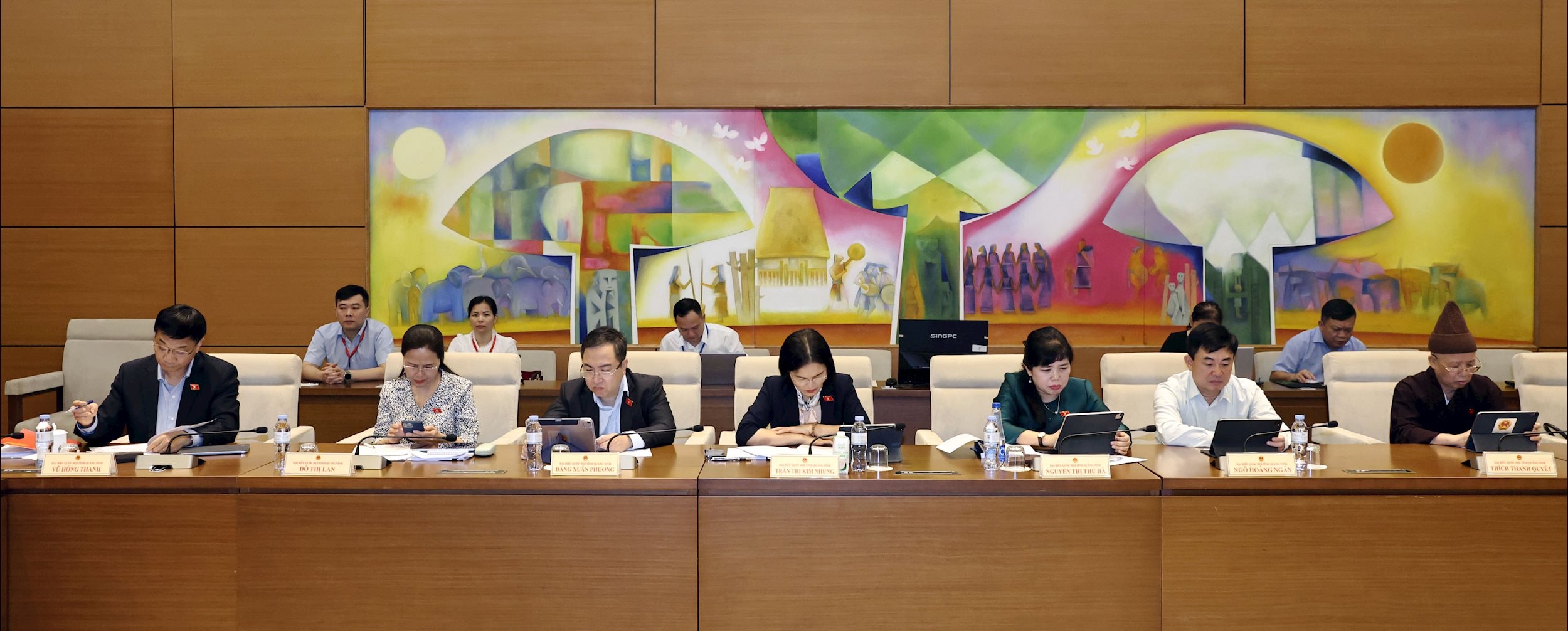
Speed up the processing of international treaties
Comments on the responsibilities of the Ministry of Foreign Affairs and the Ministry of Justice in examining and appraising international treaties (Clause 5 and Clause 7, Article 1 of the draft Law), Clause 5 of the draft Law stipulates: “The Ministry of Foreign Affairs is responsible for examining international treaties within 10 days from the date of receiving complete documents as prescribed in Article 21 of this Law or within 15 days in case of establishing an Examination Council as prescribed in Clause 3 of this Article”.
Clause 7 stipulates: “The Ministry of Justice is responsible for appraising international treaties within 10 days from the date of receiving complete documents as prescribed in Article 21 of this Law or within 20 days in case of establishing an Appraisal Council as prescribed in Clause 3 of this Article”.
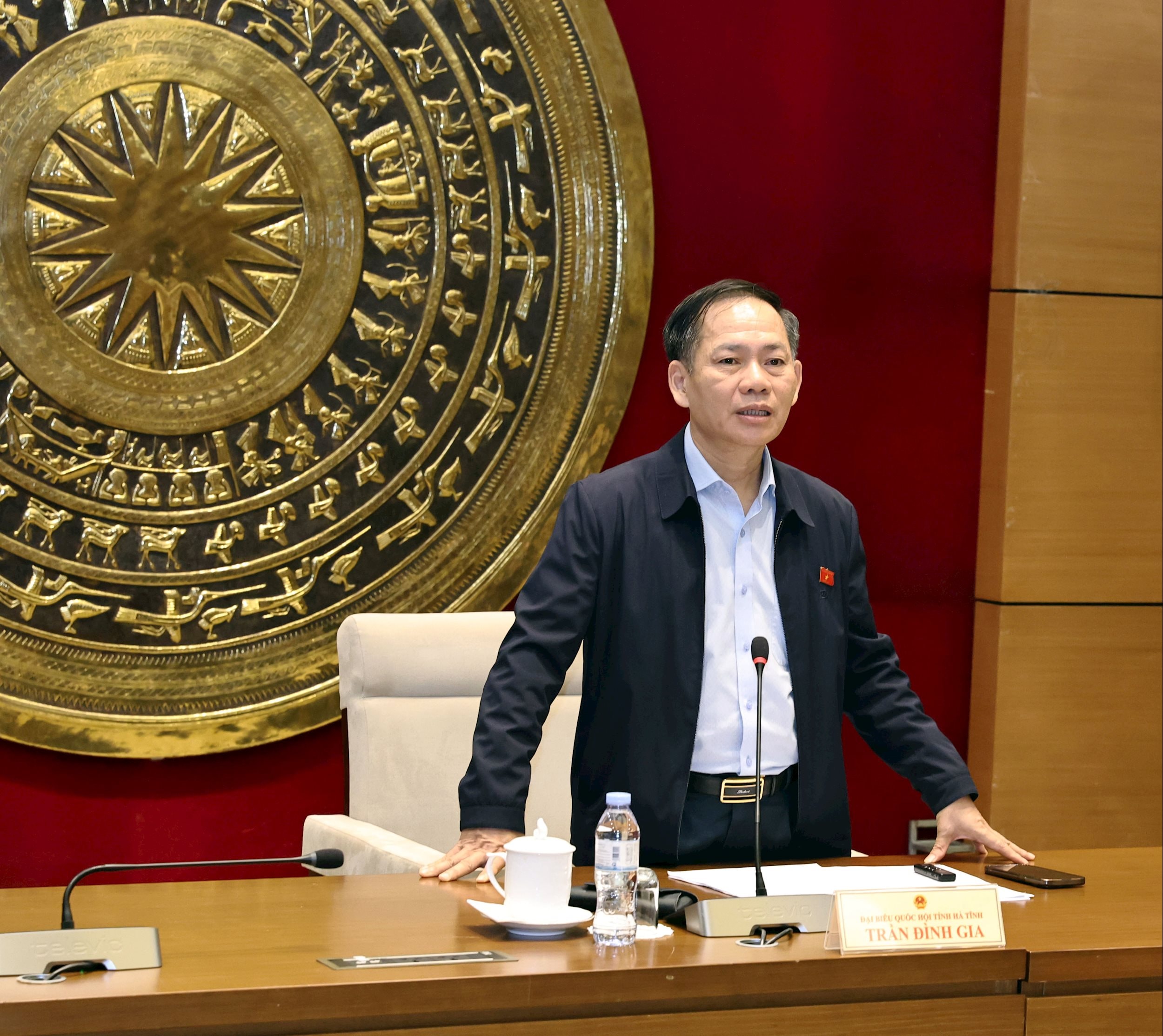
Delegate Nguyen Thi Thu Ha said that the draft Law has shortened the time limit for inspection and appraisal (15 days for the Ministry of Foreign Affairs, 20 days for the Ministry of Justice) to speed up the process of handling international treaties, but it is necessary to clearly stipulate how to calculate "working days" and the handling mechanism when the deadline is overdue; to avoid cases where shortening the time limit leads to missing legal appraisal content.
Therefore, delegate Nguyen Thi Thu Ha suggested that it is necessary to add specific regulations on how to calculate the deadline, the responsibility of the presiding agency and the reporting regime when the deadline is late.
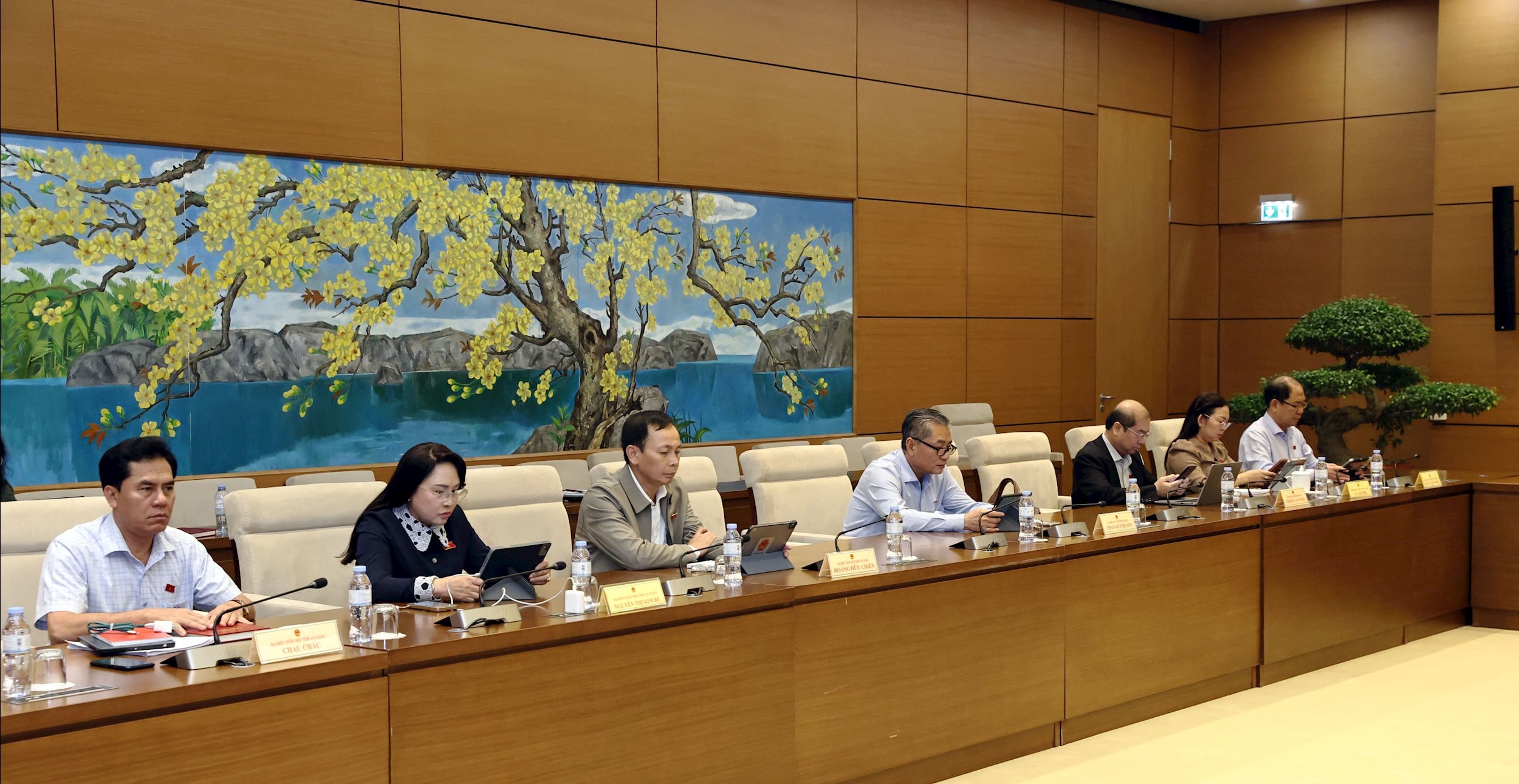
On the other hand, National Assembly Deputy Tran Dinh Gia (Ha Tinh) said that the time limit for examining international treaties by the Ministry of Foreign Affairs (15 days when establishing the Examination Council) and the time limit for examining international treaties by the Ministry of Justice (20 days when establishing the Evaluation Council) are currently inconsistent and unreasonable. In fact, these two processes are similar in content, requirements and complexity of the dossier.
Therefore, delegate Tran Dinh Gia proposed to consider unifying regulations on the time limit for examining and appraising international treaties in the event of establishing a Council by adjusting the Ministry of Foreign Affairs' examination time limit from 15 days to 20 days, to ensure consistency and suitability with the practice of handling complex dossiers.
Source: https://daibieunhandan.vn/ro-trach-nhiem-trong-kiem-tra-va-tham-dinh-dieu-uoc-quoc-te-10393804.html



![[Photo] Prime Minister Pham Minh Chinh attends the 5th National Press Awards Ceremony on preventing and combating corruption, waste and negativity](https://vphoto.vietnam.vn/thumb/1200x675/vietnam/resource/IMAGE/2025/10/31/1761881588160_dsc-8359-jpg.webp)


![[Photo] Da Nang: Water gradually recedes, local authorities take advantage of the cleanup](https://vphoto.vietnam.vn/thumb/1200x675/vietnam/resource/IMAGE/2025/10/31/1761897188943_ndo_tr_2-jpg.webp)



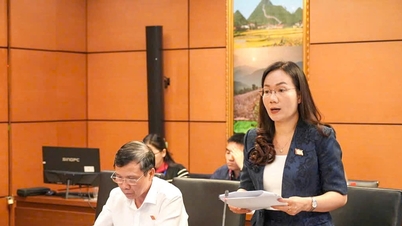





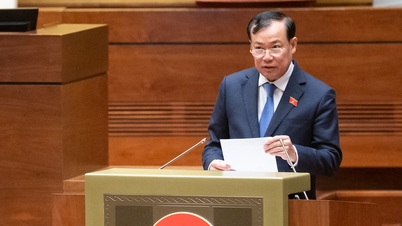
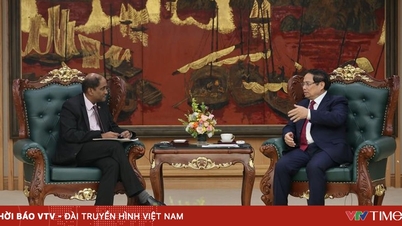




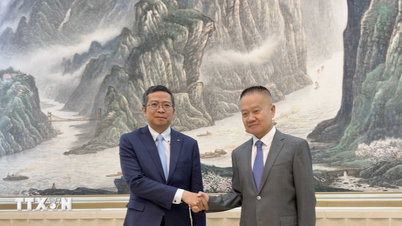

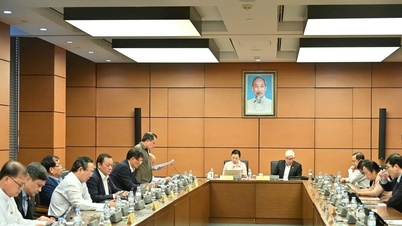




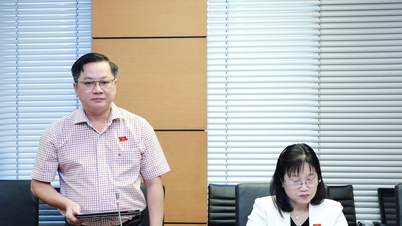
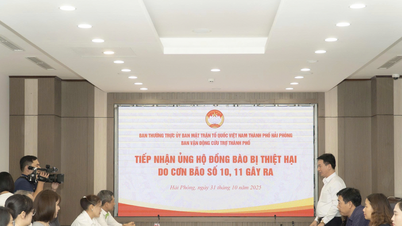
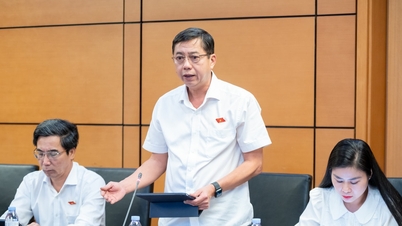

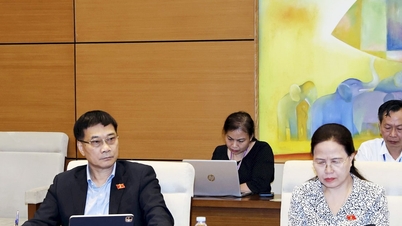
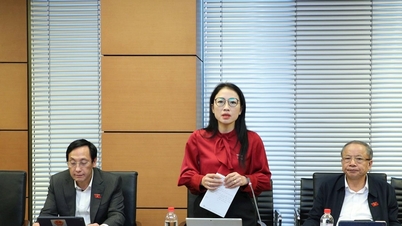



































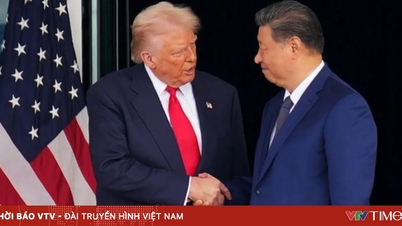

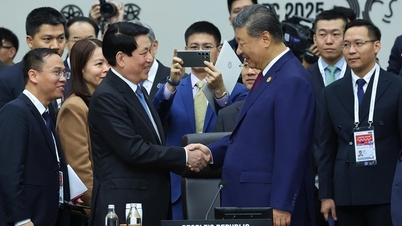

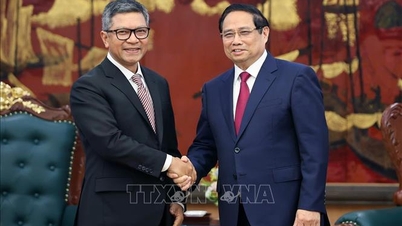






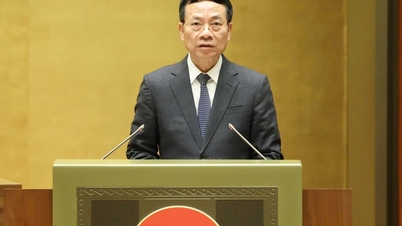

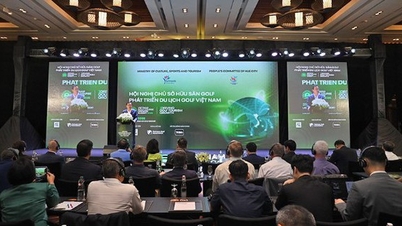
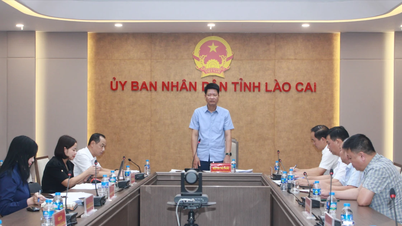

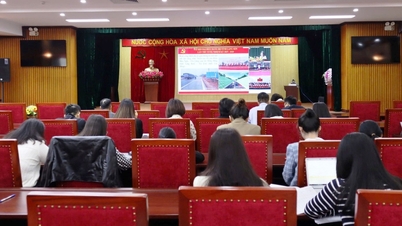

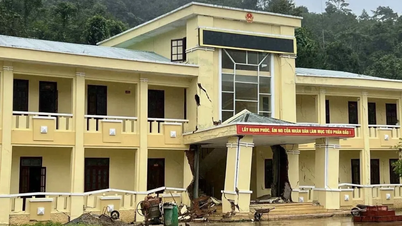



















Comment (0)